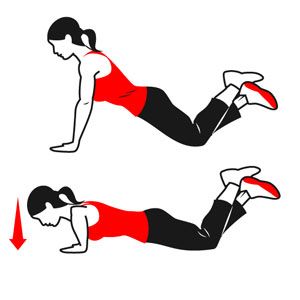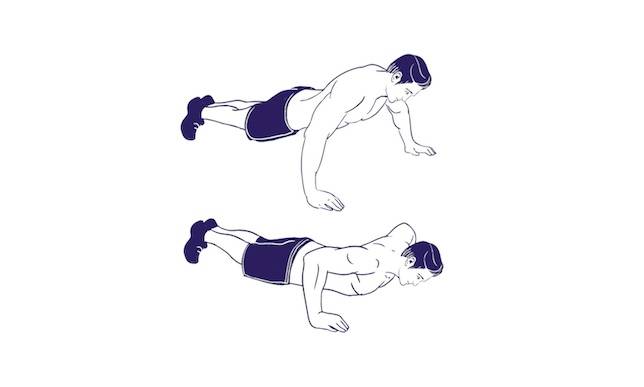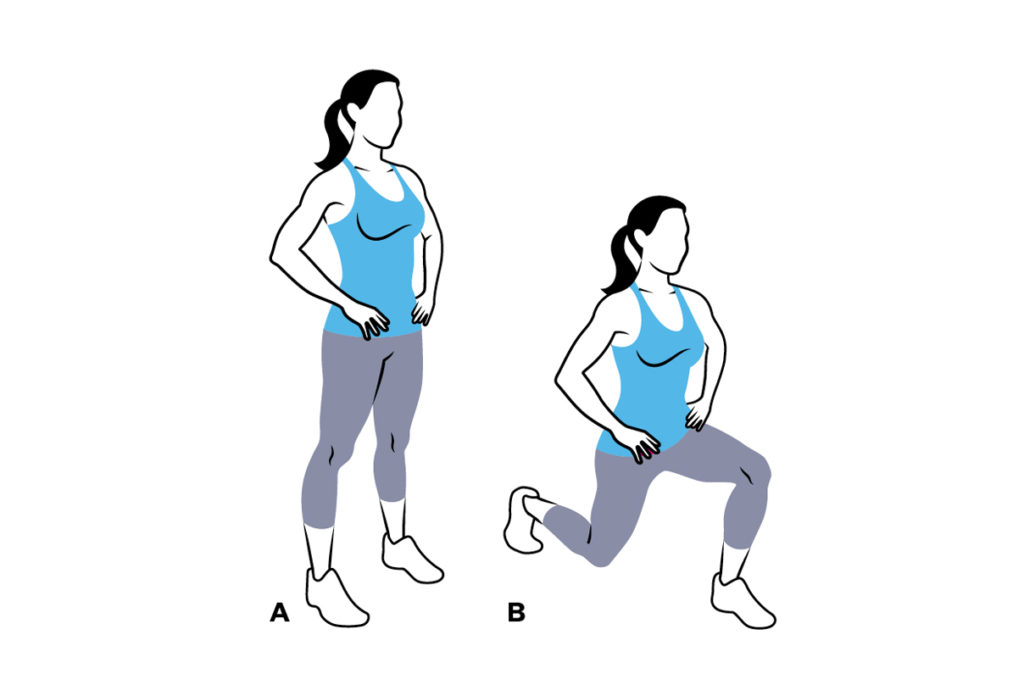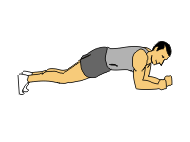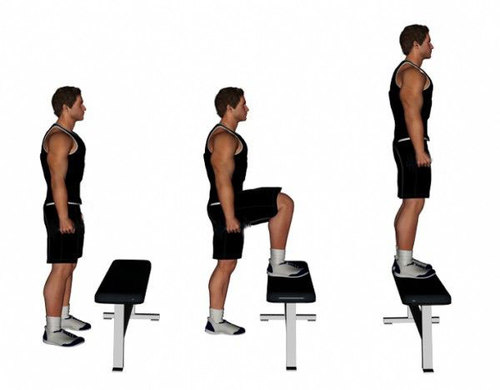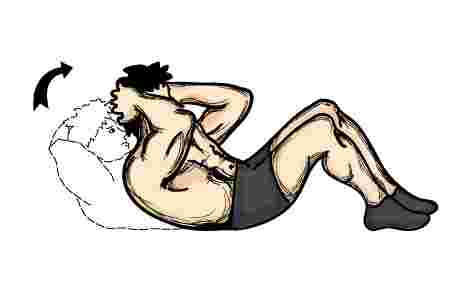If there is one thing that all of us would agree upon, it is that we are a sum total of what we eat, drink and chew! That is probably how this saying ‘we are what we eat’ came to be and is gaining popularity. In a day and age where food has transcended geographic, sociocultural and religious boundaries, it is up to us to choose a healthy diet and consume wisely on a daily basis.
Right from our hunter-gatherer days, the human race has had to fight for food, but in different ways. We fought against wild animals and natural disasters to procure food in those days and are fighting against commercialisation of food and the associated health hazards in the present times. As advocates of healthy eating practices across peoples of diverse origins and backgrounds, we believe that if our relationship with food is healthy we can be healthy humans and if it is unhealthy we will lose our health and wellness quickly. Not just heart health, but the health of our blood vessels, skin, bones, muscles, nerves, hormones, sensory organs like eyes and ears, liver, lungs, kidneys and brain, and most importantly the health of our digestive system which hosts millions of microorganisms depends to a great extent on what we eat.

A healthy relationship with food can go a long way in preserving health and preventing disease. Here are 5 things to ponder about and 5 habits to inculcate to ensure that we have a lasting healthy relationship with food.
- How we feel about our food
A love and longing for water and food have kept us alive for millennia. The challenge today is to restore that unadulterated love and longing. Not just for water but for clean drinking water. And not just for food but for naturally available and minimally processed food. Once we re-establish that strong bonding with our food, we would better appreciate healthy food and stay away from the myriad unhealthy options available out there.
- What we know about our food
We take great pains to research and find out as much details as possible about a new gadget or device before buying it, but we tend to take our food for granted. We assume that everything that is packaged and sold to us in the grocery store or supermarket is hygienic and healthy. We trust that the food that is prepared in hotels and restaurants and served to us is safe to eat and of high standards. Unfortunately, we are failing in our responsibility to ensure food hygiene and safety standards for our family members and ourselves by not reading food labels, not enquiring about the ingredients while eating out and by heeding to marketing strategies like media advertisements and price-cuts. Being aware of what we consume is fundamental to a balanced healthy diet.
- How involved are we in the farm-to-table process of our food
This is an area of “growing interest” in today’s world. People are realizing that they can not only procure minimally processed ingredients and prepare their own meals but can also grow their own fruits and veggies for use in their household. This is the kind of involvement that is going to help us and our future generations eat healthy. If we cannot grow our own ingredients, we can at least choose what ends up in our kitchens as raw material. If we have to eat out often due to work commitments or social pressure, we can definitely choose healthy options while eating out and engage in preparing meals at home whenever time permits.
- How open are we to making dietary changes
Having an open mind is key to moving ahead and staying healthy. When it comes to food, we especially see that people are reluctant to change. While we are not recommending that you forego your dietary culture and tradition, we would like to emphasize that our nutritional requirements have changed as we have shifted to more desk-based jobs and sedentary lives. Our exposure to outdoors and to sunlight has drastically come down compared to before. Changing environmental factors have given rise to several allergic reactions to food, chemicals etc. We need to listen to our bodies and make changes to what we eat and drink so that we reduce the impact of external factors on our health. We also need to be open to take professional help, as there are experts in the field of nutrition and dietetics to help us maintain a balanced healthy diet no matter what our medical condition.
- Who determines what we eat
If you are a young adult or a grown-up, you should be the one who determines your daily diet. Toddlers and school-going children rely on their parents, caregivers and sometimes their educational institutions for food so we have an added responsibility to ensure that our young ones are also eating healthy. It is not acceptable to blame the canteen at office, the food delivery app or the greasy food at the nearby restaurant for our unhealthy diet. It is we who should take full responsibility for our food choices and make modifications to what we eat, how much we eat and when we eat in order to meet our health and wellness goals.

To conclude, we should relish every bite or sip we take, keeping in mind that naturally available, minimally processed and home-prepared foods and beverages are always the best for our health.
